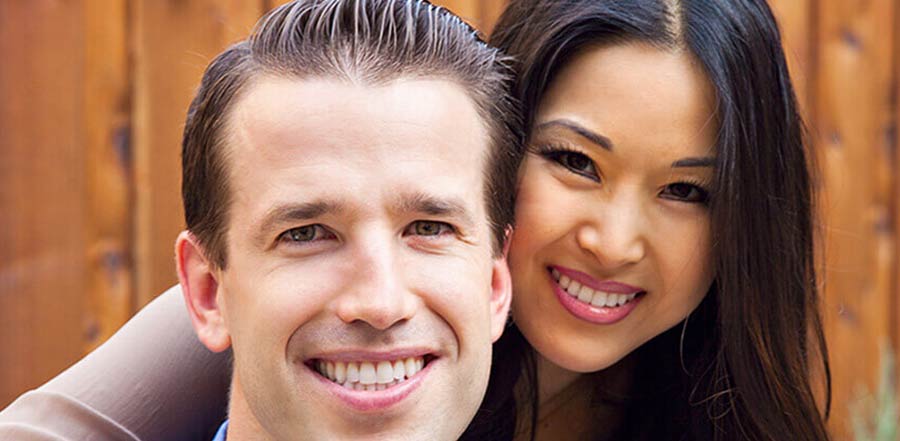Invisalign Dentist in or near Palm Springs North
The number of orthodontists in Palm Springs North, Fl has grown exponentially in recent times. Still more and more families are choosing Lakes Orthodontics over any other practices even if they are closer. If by any chance you are wondering about trying Invisalign? You need to call Dr. Carmen Briceño-Crespi . With all of the orthodontic choices that are now available; if you don’t already have one, a stunning smile is something you can have over a period of time with Invisalign Dentist in or near Palm Springs North. Invisalign is similar to wire braces, that uses clear aligners that adjusts the teeth incrementally. The process calls for a technician to an form of the patient’s teeth in order to create an electronic model. With a treatment plan from the doctor, a model creates molds that include the current position all the way to the desired position, that is how the individual aligners are made. That aside, not all orthodontic patients are ideal for Invisalign. There are measures to be met to ensure that Invisalign is right for you. At Lakes-Ortho, we don’t just give Invisalign to everyone because they ask for it. Dr. Carmen Crespi has been practicing orthodontics since 2007, so rest assured you are in expert hands.
Getting Invisalign Dentist in or near Palm Springs North, Florida
Individuals seeking an experienced orthodontist to provide them with the best Invisalign Dentist in Palm Springs North, Florida should consider Dr. Crespi of Lakes Orthodontics. Because Dr. Carmen Briceño-Crespi is a board-certified, award-winning, orthodontist specialist is in Miami, people from all over Dade and Broward County visit her dental office to find top Invisalign Dentist in Palm Springs North, Florida whether it be Invisalign or Braces. As more and more dentist are offering Invisalign, residence should be careful of this trend. Residence should only get care from an orthodontist, and the fact is you must be board-certified to be an orthodontist. If you are thinking of getting Invisalign, know that it may not be right for you. However, Dr. Briceño Crespi will still work with you to get you on your way to a beautiful smile by recommending an equally good option for you.
Invisalign Dentist in Palm Springs North Related Article
Why Invisalign is the Best Choice
A lot has happened throughout the last two decades when it comes to the orthodontic dentistry. Subtler tooth correction options are now available to both children [...]
What To Know Before Getting Invisalign
When preparing to get Invisalign, there are definitely certain things of which you should be aware beforehand. First of all, there are small attachments that you [...]
How Long Does Invisalign Take?
Before embarking on any orthodontic journey, you will most likely be itching to know when the journey will be over. Whether it be braces or Invisalign, [...]





